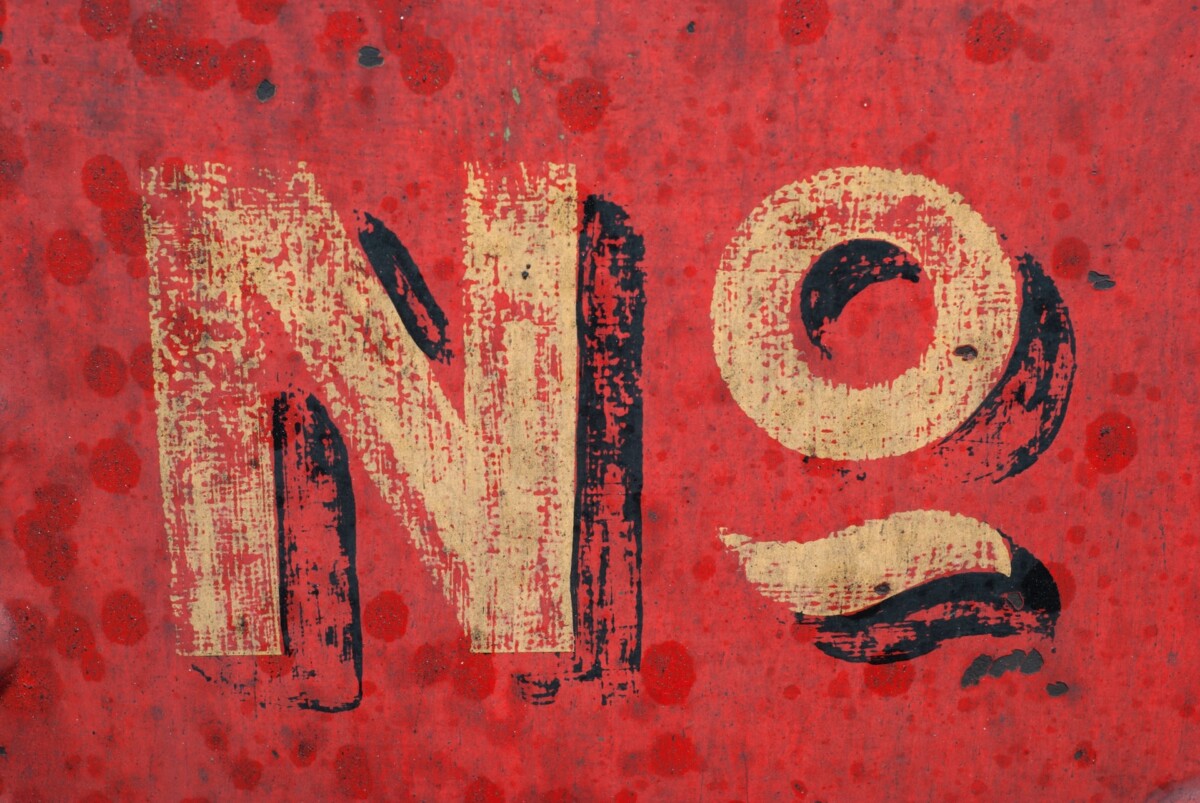What happens if we treat supporters like customers?

I’ve been involved in lots of productive and challenging online discussions recently about the importance of an organisation’s actions underpinning its ability to improve the credibility of its brand. Without brand credibility, businesses have little right to ask a customer to buy once let alone be a repeat purchaser. Similarly, a charity earns brand credibility when its actions back up its claims about making a difference. Consequently all types of supporters will be more likely to engage. This reminded me of a story I was told by an ex-colleague about his brother’s experience of Rolls Royce cars. My friend’s brother is a well-known surgeon and had been a customer of RR for some time. This is in the days before RR was purchased by VW/BMW and it’s fair to say that this customer was feeling unloved due to previous technical and customer servicing issues. So much so that he had decided his current Rolls would be his last and planned to sell it after a forthcoming driving holiday to Monaco. The holiday started well enough with the drive through northern France flying by without incident. However, still several hundred kilometres from the border, the car broke down. The surgeon called RR’s bespoke recovery service, expecting to speak with a surly, disinterested call centre to ask for help. What followed is one of the smartest but simplest, brand-reinforcing, customer service actions I’ve come across.
- The call centre had access to his client records and acknowledged that there had been some service issue in the recent past. The operator immediately transferred the surgeon to a dedicated service manager, empowered to fix pretty much any roadside issue.
- This manager listened to the issues and immediately dispatched a recovery vehicle from their network in France to take the car and the customers to the nearest RR garage to be repaired. And within 30 minutes the truck was there and driving car and customers to the nearest town. Not unusual so far for a good breakdown service.
- However, when they reached the next town it transpired that the fault with the car could not be fixed and a new part would need to be shipped from the UK, taking a few days to arrive and then a day to actually fit. The car was out of warranty and the surgeon was left expecting to have to contact the separate parts department himself (sales only at this garage!), to pay a huge bill and ultimately, the ruination of his trip to Monaco.
- Now comes the genius common sense part. The surgeon called the service manager back and explained the situation. She listened and asked for 15 minutes to sort out a solution, telling the surgeon not to worry and that this was not what RR customers should endure.
- As promised, she called back after 15 minutes and had arranged for a car from that local dealer to be made available for the duration of their trip. In the meantime, she would chase the part, arrange for delivery and their car would be repaired and waiting for them on their return journey. The repair bill would also be waived and she had taken the liberty of phoning ahead to the surgeon’s Monaco hotel and explaining that they would be arriving later than planned with any associated costs being picked up by RR.
- It turns out that the hotel was also a customer of RR and had arranged for a late supper with complementary champagne to be ready when they arrived. All thanks to a quick request from the service manager.
- The service manager called once during their stay, not wanting to bother the surgeon further, to let him know that his car was repaired and waiting for him.
- On returning to the garage after a pleasant stay in Monaco, the car was ready and cleaned. The service manager had left instructions to be called once the surgeon arrived and was on the phone to ensure that all was acceptable to her customer before he took possession of the keys and headed home.
- On returning home, the surgeon wrote to RR to thank the service manager for all her help. He received a prompt reply which, in summary, stated that his experience was simply unacceptable for a RR customer and that they apologised unreservedly, hoping their actions would restore his faith in the brand.
He bought another Rolls Royce car when the time came to choose his next vehicle.
The moral of the story isn’t about money and luxury brands. I think it’s about the following:
Advertisement
- If you have mismanaged people’s expectations, own-up, acknowledge your mistake and fix it quickly
- It’s much easier to do this if your organisation’s left hand knows what it’s right hand is doing ie; talking to your colleagues and joining up audience contact points wherever possible
- Give people on the front lines of your organisation authority to solve such issues quickly (or at least give them a direct line to someone who can). The people answering volunteer, donor or customer helplines should not be the lowliest employees you have!
- Remember that supporters and customers generally choose you, not the other way around, and try to keep this front of mind in your dealings with them
- Don’t presume you have satisfied their needs; find out directly and relax only when you know.
All of these actions provide evidence to external (and internal) audiences that our brand commitments are more than just logos and vision statements. They will believe what you say because of how you act on their behalf, not because of what you say you will do.
Anyone have any other good examples? (Image from www.executivechauffeurs.org.uk, with thanks)




